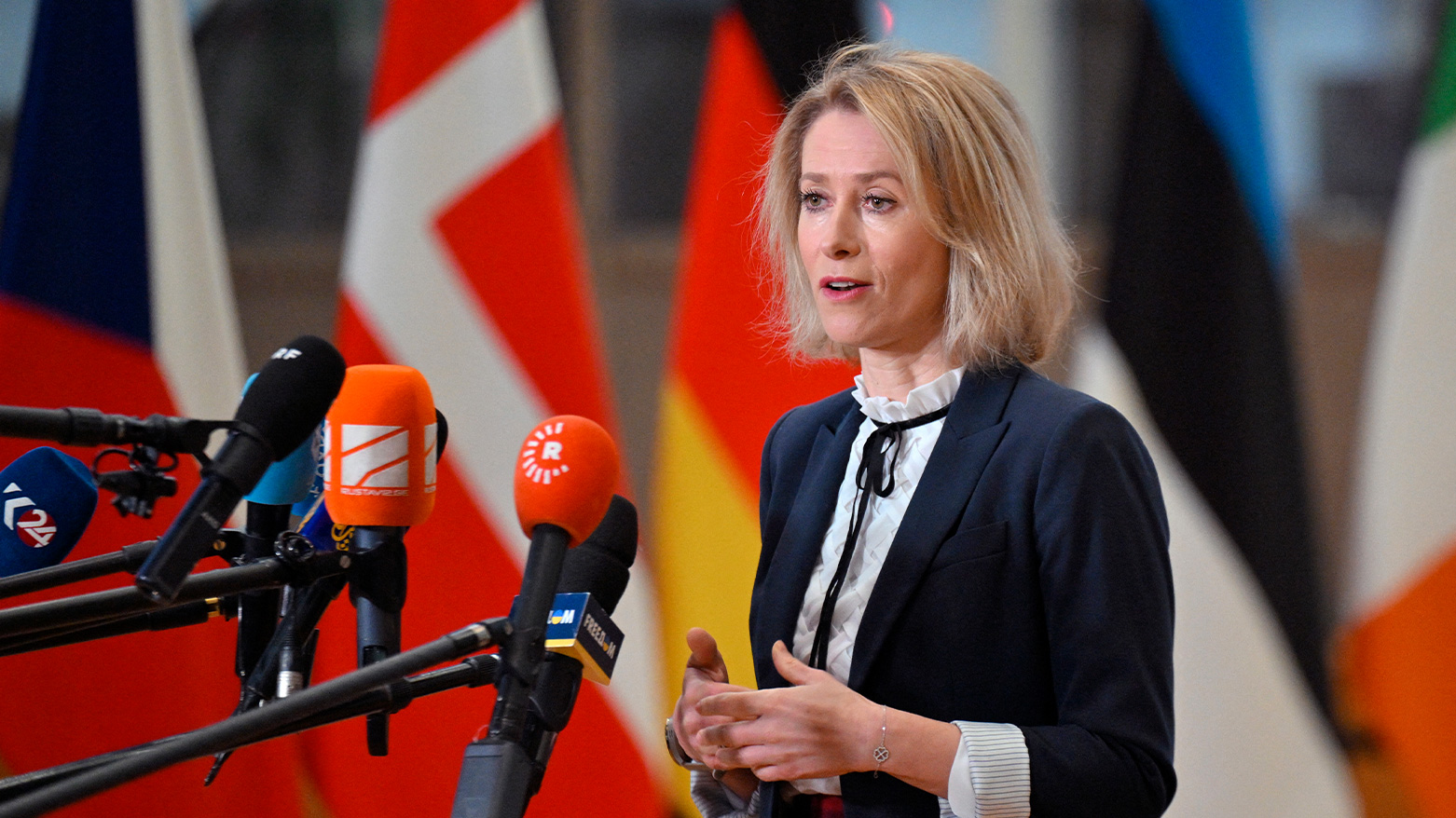EU Considers Easing Sanctions on Syria Following Assad's Ouster
EU foreign policy chief Kaja Kallas confirmed the bloc’s intention to adopt a "step-for-step approach" as it explores ways to aid the rebuilding of the war-ravaged country under its new leadership.

Jan. 27, 2025
ERBIL (Kurdistan24) – The European Union (EU) is preparing to ease sanctions on Syria in a strategic move following the end of Bashar al-Assad's five-decade familial rule.
EU foreign policy chief Kaja Kallas confirmed the bloc’s intention to adopt a "step-for-step approach" as it explores ways to aid the rebuilding of the war-ravaged country under its new leadership.
In a noteworthy policy shift, EU foreign ministers convened in Brussels to discuss easing sanctions on Syria. The move follows the recent ouster of Bashar al-Assad and denotes a likely pivotal moment in the bloc's approach toward Syria, ravaged by over a decade of civil war.
Speaking at the meeting, EU foreign policy chief Kaja Kallas stated, “If they are doing the right steps, then we are willing to do the steps on our behalf as well.”
The bloc is keen to motivate Syria’s new Islamist-led leadership to uphold commitments toward inclusive governance and democratic transition.
As reported by Agence France-Presse, France’s Foreign Minister Jean-Noel Barrot suggested that preliminary measures could involve suspending sanctions targeting Syria's energy, transport, and banking sectors.
However, he stressed that these actions would be conditional, with sanctions suspended rather than fully lifted, to maintain leverage over the country’s new rulers.
Despite these efforts, internal divisions persist within the EU.
While some member states support a careful approach, cautious of welcoming Syria’s new Islamist-led government too quickly, others highlight the significance of assisting rebuilding efforts to bring back stability to Syria and its economy.
The EU primarily imposed comprehensive sanctions on the Assad regime and Syria’s economy during the civil war, targeting key sectors and individuals associated with the regime.
While discussions are ongoing to ease some restrictions, figures such as Syria’s de facto leader Ahmed al-Sharaa and his group, Hayat Tahrir al-Sham, remain under EU sanctions.
Officials have explained there are no immediate plans to lift these specific designations.
Diplomatic sources underline that the easing of sanctions is intended as a calculated, conditional approach to incentivize reforms.
The EU expects Syria's new authorities to deliver on promises of inclusivity and democratic progress before broader concessions are considered.
This unrushed policy reflects Europe’s broader geopolitical strategy to balance rebuilding efforts in Syria with its commitment to ensuring answerability and fostering good governance. The coming weeks will unveil whether the EU’s step-by-step engagement promotes palpable changes in Syria’s political landscape.
Agence France-Presse (AFP) contributed in this report.